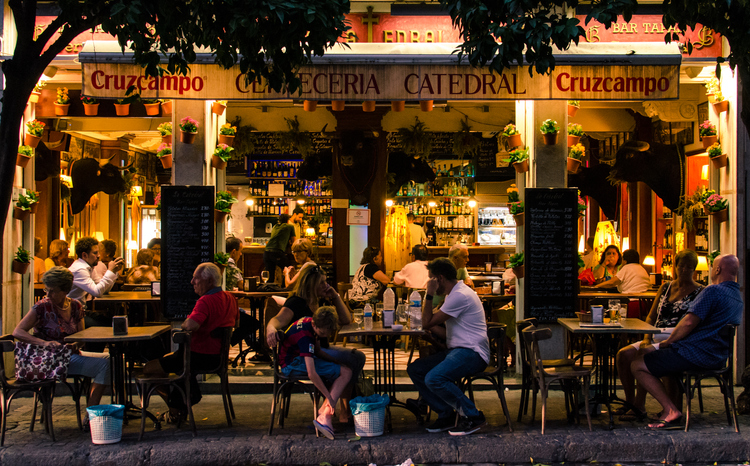Yolanda Díaz, one of Spain’s deputy prime ministers, raised eyebrows during last summer’s election campaign when she arranged to be filmed doing the ironing. ‘I love ironing’, she announced virtuously. ‘I spend hours, almost every day ironing’, she went on, warming to her theme. ‘When I get home from work’, she concluded with evident self-satisfaction, ‘I iron my clothes and everyone else’s.
Already a subscriber? Log in
Subscribe for just $2 a week
Try a month of The Spectator Australia absolutely free and without commitment. Not only that but – if you choose to continue – you’ll pay just $2 a week for your first year.
- Unlimited access to spectator.com.au and app
- The weekly edition on the Spectator Australia app
- Spectator podcasts and newsletters
- Full access to spectator.co.uk
Or




















Comments
Don't miss out
Join the conversation with other Spectator Australia readers. Subscribe to leave a comment.
SUBSCRIBEAlready a subscriber? Log in